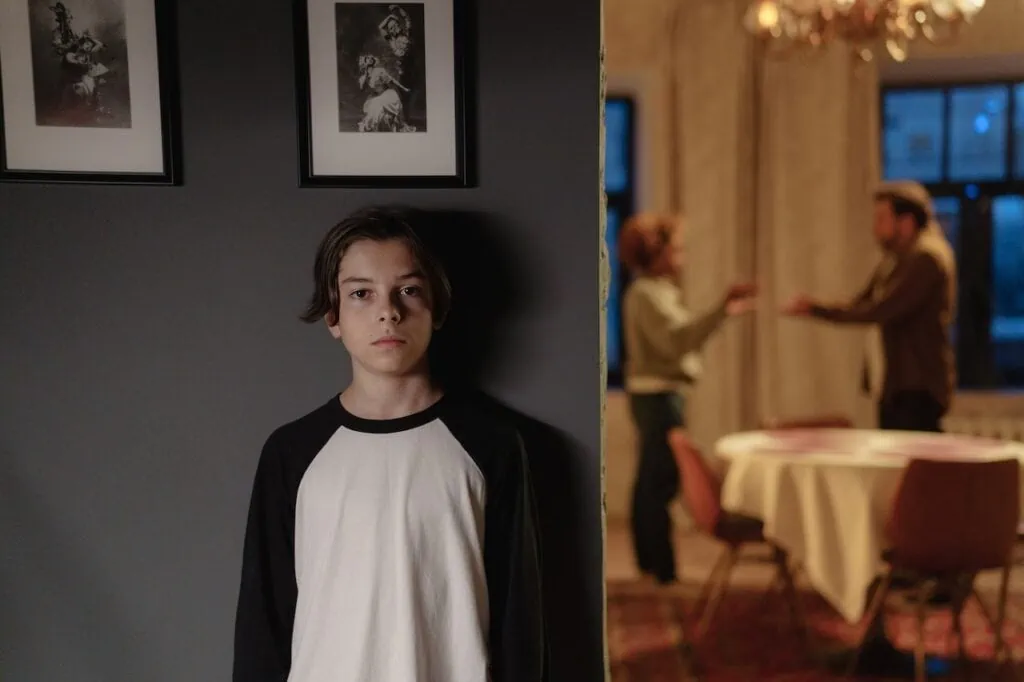
Addiction and Its Impact on Relationships
Addiction is a complex and multifaceted disease that can profoundly affect an individual's relationships. Whether it's drugs, alcohol, gambling, or another type of addiction, the impact can be devastating for the individual and those around them. Addiction is often referred to as a family disease because it affects the individual and their loved ones. So it's no surprise that addiction can impact social relationships. However, people learn to start mending their relationships with loved ones in recovery. Understanding how addiction harms relationships is the first key to helping rebuild them.
How Addiction Hurts Relationships
One of the most significant impacts of addiction on social relationships is the breakdown of trust. Most of our chosen relationships, such as romantic partners and friends, are built on trust. Children want to trust their parents, and parents want the same from children.
People who struggle with addiction often lie or deceive their loved ones to hide their substance abuse. They aren't doing this to hurt anyone but feel it is necessary to get what they want and continue feeding their disease. This can erode trust, as family members and friends question whether the individual is ever being honest with them.
Addiction can also cause individuals to engage in risky behaviors like stealing or lying. This often leads to legal trouble or, of course, anger from the victims who are stolen from. People who are engaged in active addiction may also cause financial strain. Substance use can be expensive, and people struggling with addiction may prioritize their substance use over other financial responsibilities. This can lead to conflicts with loved ones who may feel burdened by the debt and financial ruin that can affect the whole family.
Addiction can cause significant stress and anxiety in children and other family members. Some may feel guilty, while others feel angry or resentful. Both friends and family may feel a sense of helplessness or hopelessness. This causes a strain on relationships as well.
Social Isolation and Addiction
Social isolation is another consequence of addiction. The disease can be alienating when a person lies, steals, or manipulates the ones they love to continue engaging in harm. As they become more consumed by their addiction, they may withdraw from social activities or spend less time with their loved ones. This can be incredibly challenging for family members and friends who may feel helpless or unsure how to reach out to the individual.
The stigma surrounding addiction can exacerbate social isolation, making individuals hesitant to seek help. Overall, addiction can have a significant impact on social relationships. The shame and stigma often cause people who use drugs to seek out other drug users to avoid judgment and continue using drugs.
Healing Relationships in Recovery
Healing relationships impacted by addiction can be challenging, but it is possible with the right approach and resources. People in recovery, first and foremost, need to work on themselves. Part of this work is becoming trustworthy again, which can take time. However, there are several ways you can begin to repair your relationships with loved ones, including:
- Communication: Communication is vital to repairing relationships damaged by addiction. Open and honest communication can help to rebuild trust and understanding. Family members and friends can express their concerns and feelings in a non-judgmental way. The person in recovery can learn to listen better, too. Communication should be respectful, empathetic, and focused on finding solutions in recovery.
- Education: Education is essential for repairing relationships impacted by addiction. Family members and friends will be more understanding once they learn about addiction, its effects, and available treatments. They can attend support groups, read books, or seek professional advice. In addition, a solid understanding of substance use disorders can help to reduce stigma, build empathy, and develop better coping strategies.
- Boundaries: Believe it or not, setting boundaries it important for healing relationships impacted by addiction. Family members and friends must establish clear and healthy boundaries with the addicted person. This helps them prioritize their well-being and safety instead of trying to run interference in the addicted person's life, preventing themselves from enabling behavior and encouraging accountability.
- Forgiveness: Forgiveness takes time but can be a complex but powerful tool in repairing relationships impacted by addiction. Forgiveness involves letting go of negative feelings and resentments to promote healing and growth. It does not mean forgetting or excusing the behavior that caused the harm but rather a willingness to move forward with compassion and empathy.
- Therapy: Professional help can be invaluable in repairing relationships impacted by addiction. Family therapy, individual therapy, or support groups can provide a safe and supportive environment to discuss and work through addiction-related issues. A trained therapist or counselor can help family members and friends to develop healthy coping strategies and improve communication skills.
Healing relationships impacted by addiction requires patience, empathy, and commitment. It's work that can only be done in recovery from addiction.
For the person in recovery, it means letting go and working on themselves as they become more trustworthy and reliable. It's important to communicate openly and honestly, educate oneself about addiction, set healthy boundaries, practice forgiveness, and seek professional help when necessary. With time and effort, it is possible to rebuild trust, understanding, and connection in relationships affected by addiction.
Getting Help for Addiction
Addiction can feel like a lonely, isolating, never-ending spiral while you're in its throes. You don't have to hit a terrible bottom to get sober and begin recovery. We have programs to help you get started with sobriety and to help you begin to rebuild your life. Get in touch for more details and recommendations.
Categories
Addiction





